Blue Light Blockers
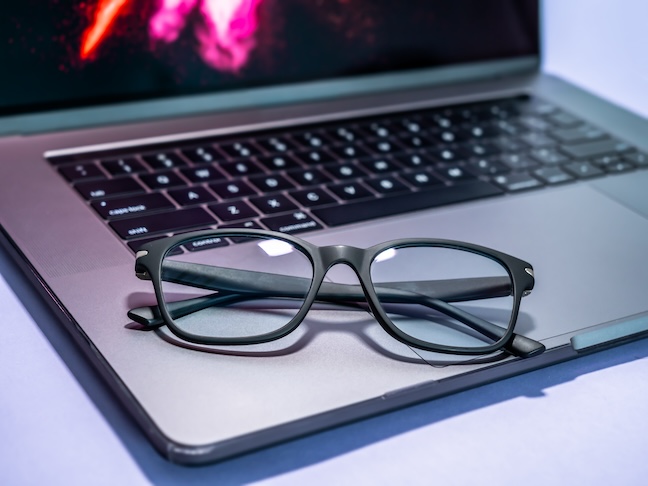
Your phone, TV, tablet, and other devices all emit blue light. During the day, blue light helps keep you awake. But regular exposure to it before bedtime can disrupt your circadian rhythms – and your sleep quality.
Light control devices and technologies filter blue light to limit your exposure to this sleep-disruptive light.
See how your sleep quality stacks up.
Start here to get a baseline on how well you sleep and where you can improve.
Light and Sleep
Exposure to light plays a crucial role in regulating the body's internal clock, or circadian rhythm, which in turn influences sleep patterns. Exposure to natural light during the day promotes wakefulness and alertness, while darkness triggers the production of melatonin, a hormone that helps induce sleep.
How Light Control Devices Work
All light control devices have the same goal: limit or filter blue light. But there are a variety of common options out there, including glasses, screen dimmers and apps.
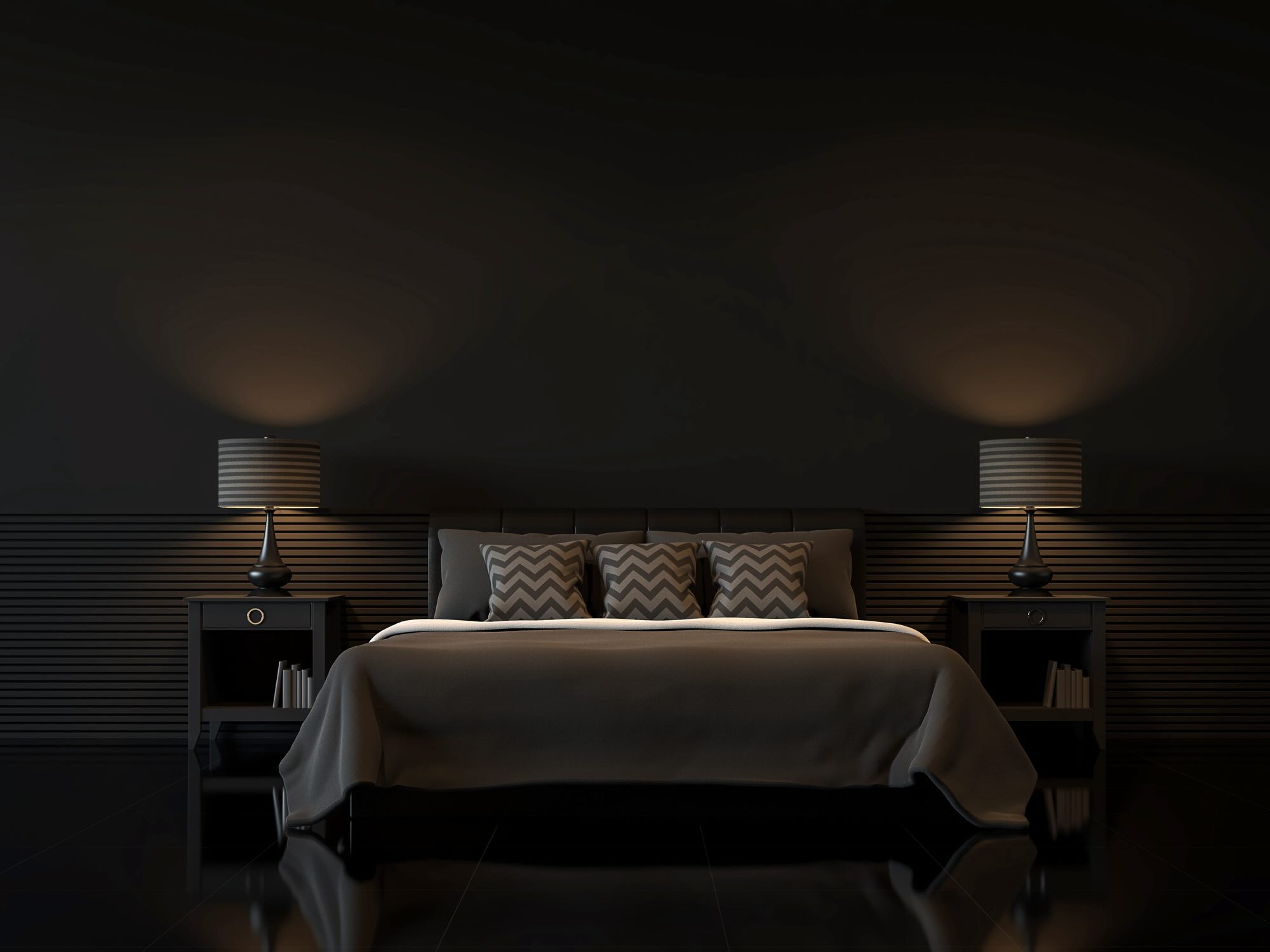
Optimize Your Room for Sleep Hygiene
Sleep hygiene refers to your sleep routine and the physical state of your bedroom. Discover the simple steps you can take to improve your bedroom environment and boost both the quality and quantity of your sleep.
Learn MoreHow to Choose a Light Control Device
- Color & Intensity: Amber tones maximize blue light blocking, while yellow tones offer a lighter effect.
- Material & Style: Glasses should be comfortable and fit your needs, whether it's prescription lenses or clip-on options.
- Screen Compatibility: Ensure filters adhere properly to your device and don't affect screen quality.
- Features: Some glasses offer anti-glare or UV protection, while phones and apps might come with customizable settings.
Different Types of Light Control Devices
- Glasses: Specialized lenses offer protection for your eyes.
- Filters: Apply directly to your screen, protecting only while it's in use.
- Apps & Software: Adjust device settings or try an app to reduce blue light emission.
Who Might Benefit from Light Control Devices
- Screen Time Warriors: For those who encounter eye strain after hours of staring at screens.
- Circadian Rhythm Optimizers: Those looking for natural methods to regulate a night-day cycle.
- E-Readers: Nighttime readers who prefer e-readers to traditional books.
- Gamers: Those who participate in long play sessions or encounter eye strain.
Who Would Not Benefit from Light Control Devices
- Individuals with certain eye conditions.
- Those without screen exposure before bedtime.
- People who are sensitive to changes in vision or color perception.
- Those with pre-existing sleep disorders unrelated to blue light.
- Children and Adolescents: The impact of blue light on children and adolescents is still being studied, and their need for blue light blocking technology might differ from adults. Parental guidance and consultation with a healthcare provider are advisable.

Relevant Research - Blue Light Blockers
Light control devices, particularly those designed to manage blue light exposure, have been evaluated for their impact on sleep quality. Chronic exposure to low-intensity blue light at night may significantly affect sleep quality, circadian phase, and cycle durations. A study suggests that reducing blue light exposure in the evening hours, while increasing it during the day, can support a healthy circadian system (Journal of Biophotonics). However, a systematic review examining the effects of blue-light blocking spectacle lenses found insufficient scientific support for their use in improving sleep or macular health (Ophthalmic & physiological optics). Additionally, blue light therapy has been found effective in improving subjective sleep quality and reducing nocturnal awakenings in patients with Delayed Sleep Phase Disorder (DSPD) (Nature and Science of Sleep).
These studies indicate that while managing blue light exposure is important for maintaining healthy sleep patterns, the effectiveness of specific blue light controlling devices, like blue-light blocking glasses, remains uncertain. On the other hand, therapeutic use of blue light, such as in treating DSPD, shows more conclusive benefits. It underscores the need for a nuanced approach to light control for sleep enhancement, considering individual sleep issues and the specific type of light exposure.
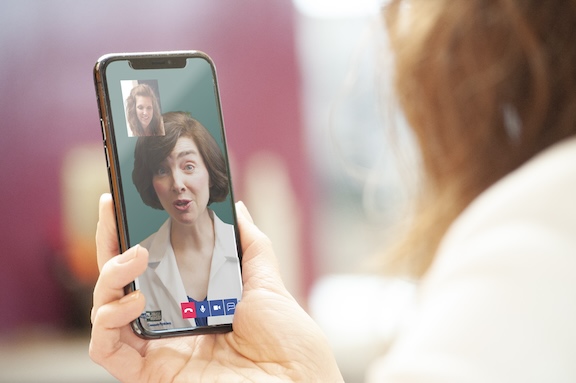
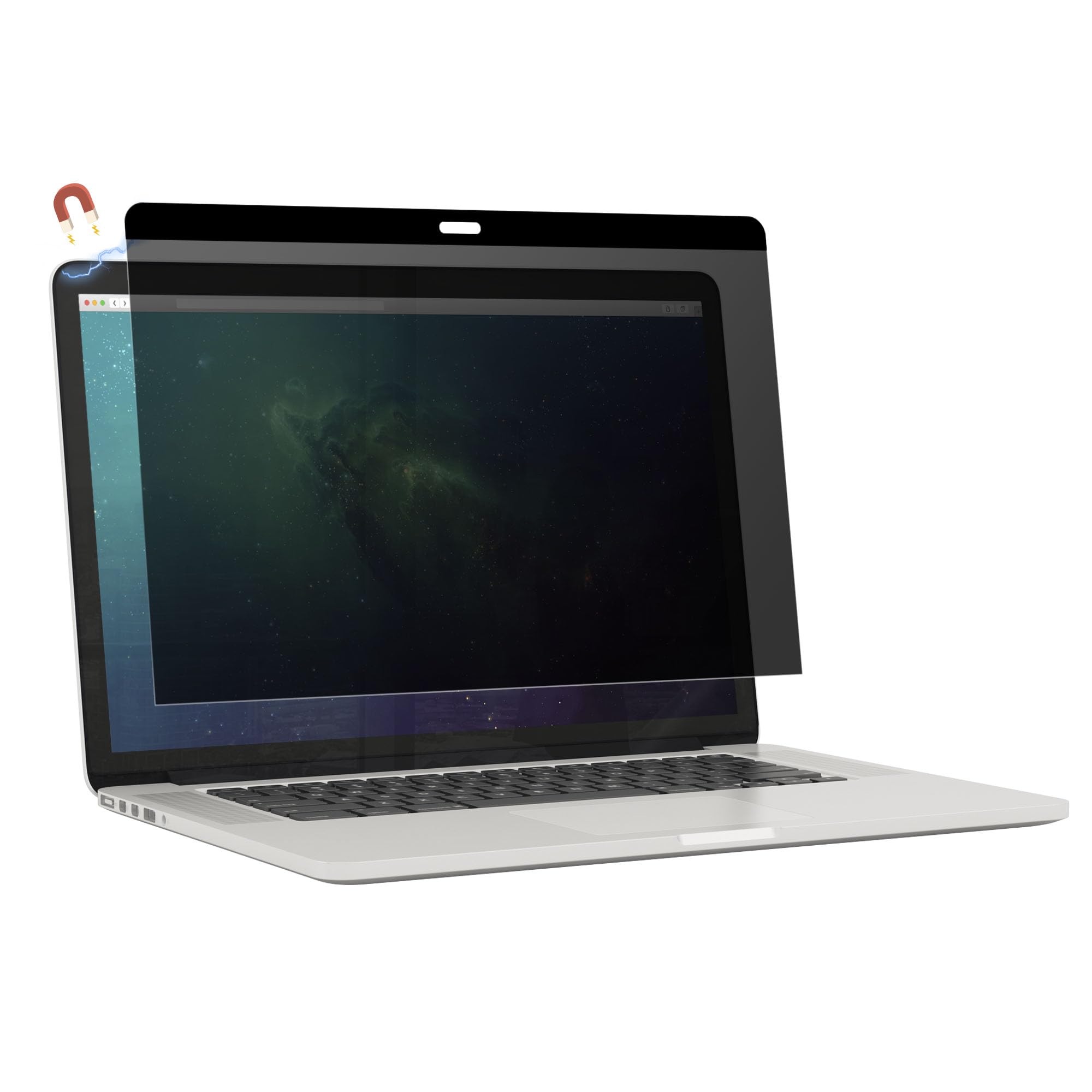
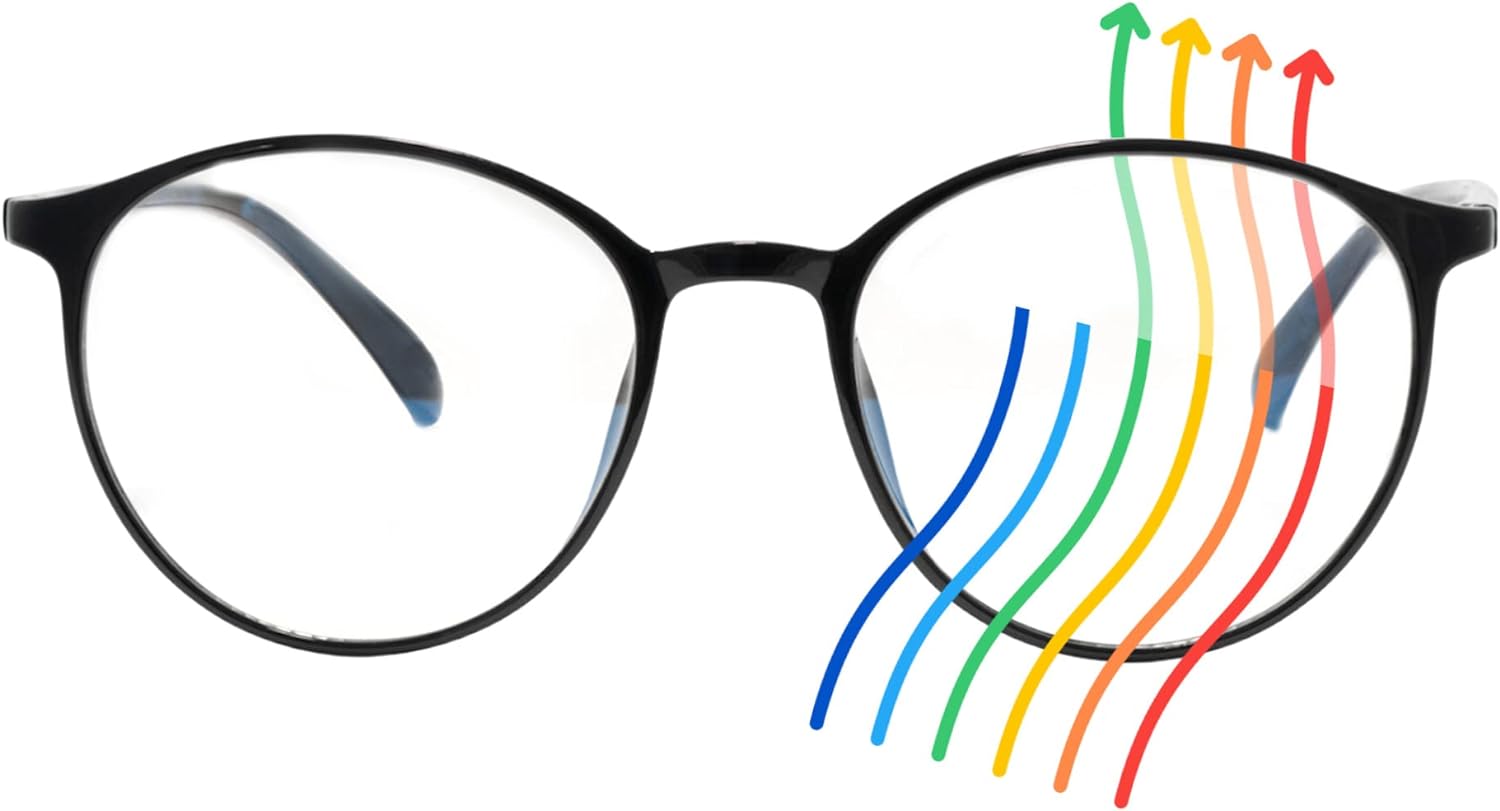
.jpg)
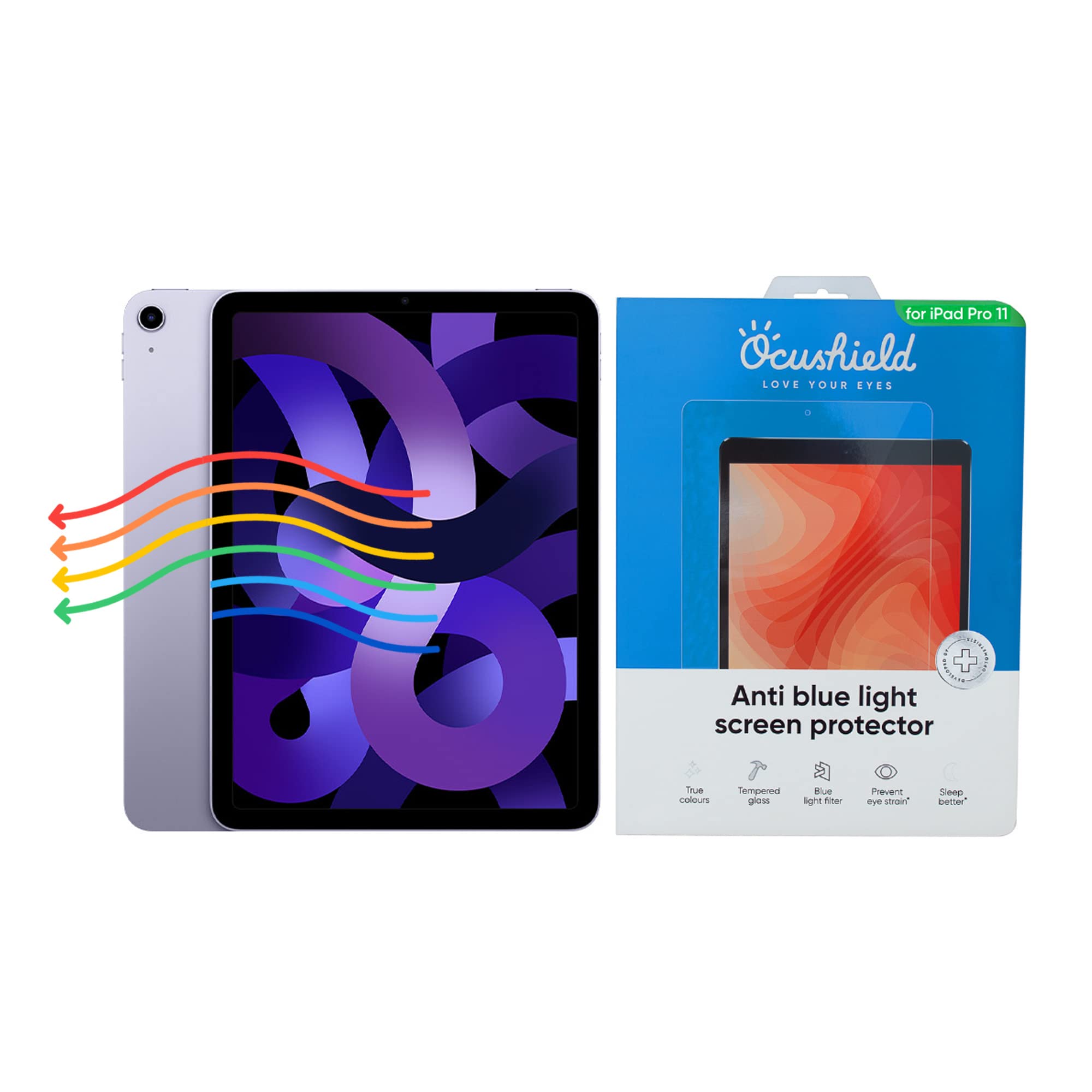
.jpg)
